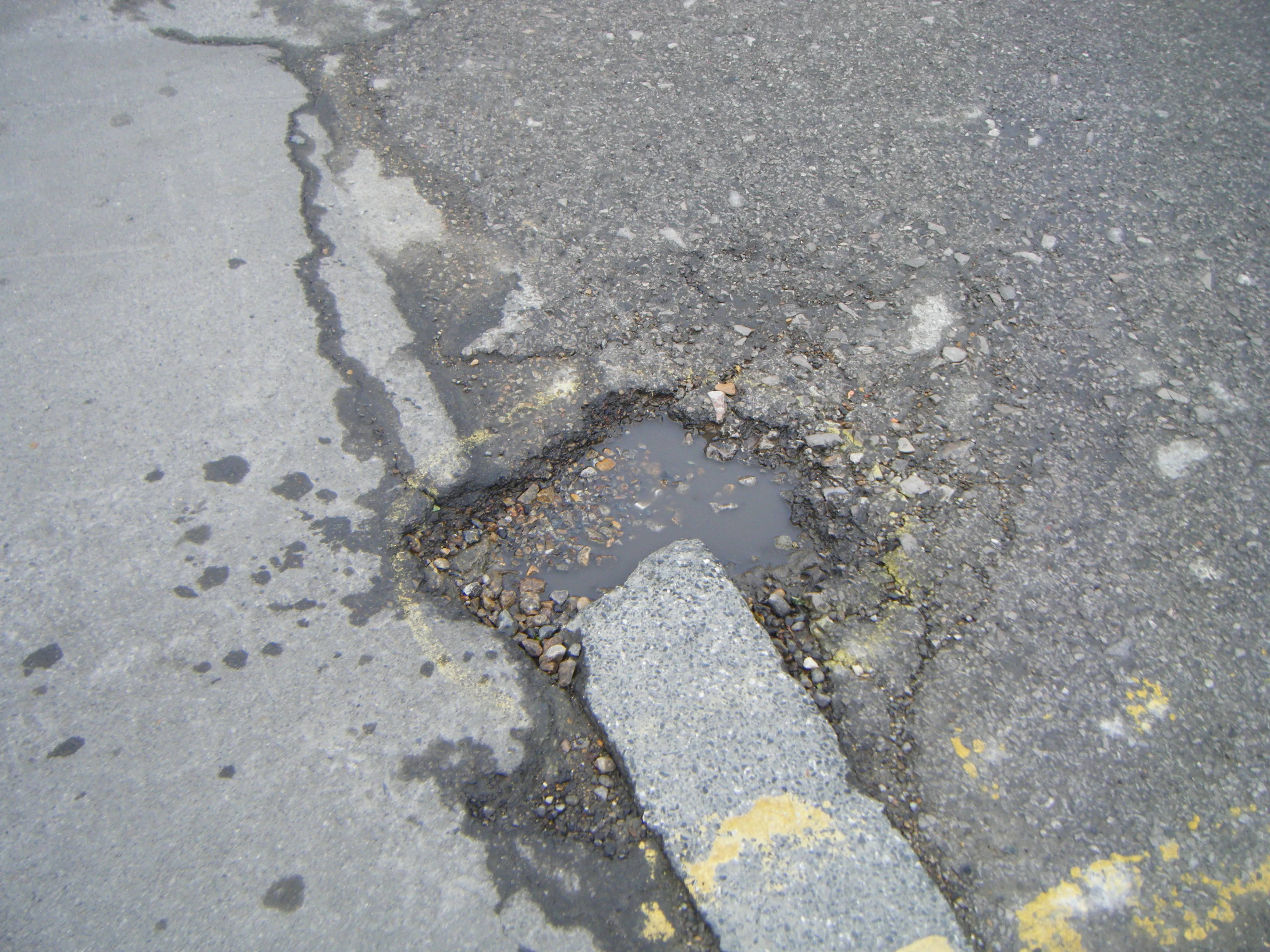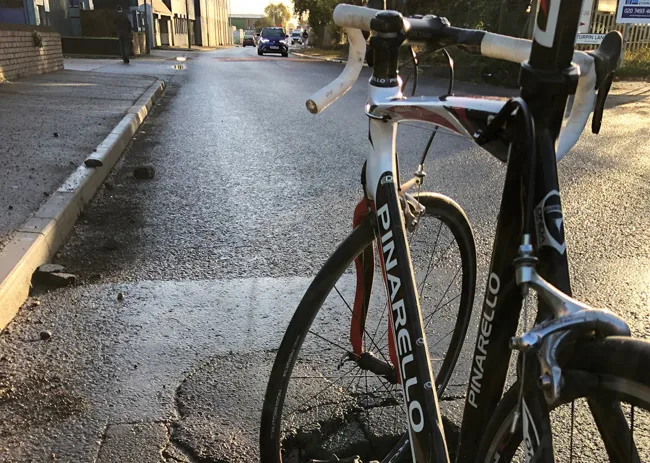The UK’s potholed roads are seeing insufficient repairs.
By MJ Woof
April 1, 2021
Read time: 2 mins

The UK has a severe road maintenance problem, due to inconsistent funding, according to a new report from the Asphalt Industry Alliance (AIA). This problem with funding leads to local authorities using quick fixes rather than long term solutions to carry out maintenance and repairs.
The Annual Local Authority Road Maintenance (ALARM) report states that maintaining roads to target conditions is still out of reach for local authorities in England and Wales despite an increase in highway maintenance budgets.
According to the AIA's survey, the legacy of inconsistent funding in England and Wales is preventing highway engineers from being able to provide long term, cost effective maintenance improvements for local roads.
The 26th survey reports a 15% increase in highway maintenance budgets which were, in part, due to additional funding from the UK Government, including the Pothole Fund in England, as well as supplementary funds. However, budgets reported are still lower than they were two years ago, and road conditions have yet to see any significant improvement.
This approach is resulting in wasteful patch and mend repairs as local authorities have a statutory duty to maintain the highway but do not have the funding to implement more cost effective, proactive repairs.
This is borne out by the large increase in the number of potholes filled over the last 12 months in England and Wales, the equivalent of one being filled every 19 seconds. Local authorities also report that, despite the increase in budgets, target road conditions still remain out of reach. If they had enough funds to meet their own targets conditions across all road types, there could be an additional 23,000km of local roads in a good state of repair and another 3,200 fewer km in need of urgent repair.
The AIA says that while extra funding in 2020/21 was welcomed, using it to repeatedly fill in potholes is essentially a failure as it does nothing to improve the resilience of the network. The average frequency of road surfacing is now once every 68 years and the bill to fix the backlog of maintenance work on our local roads in England and Wales remains in excess of £10 billion.







